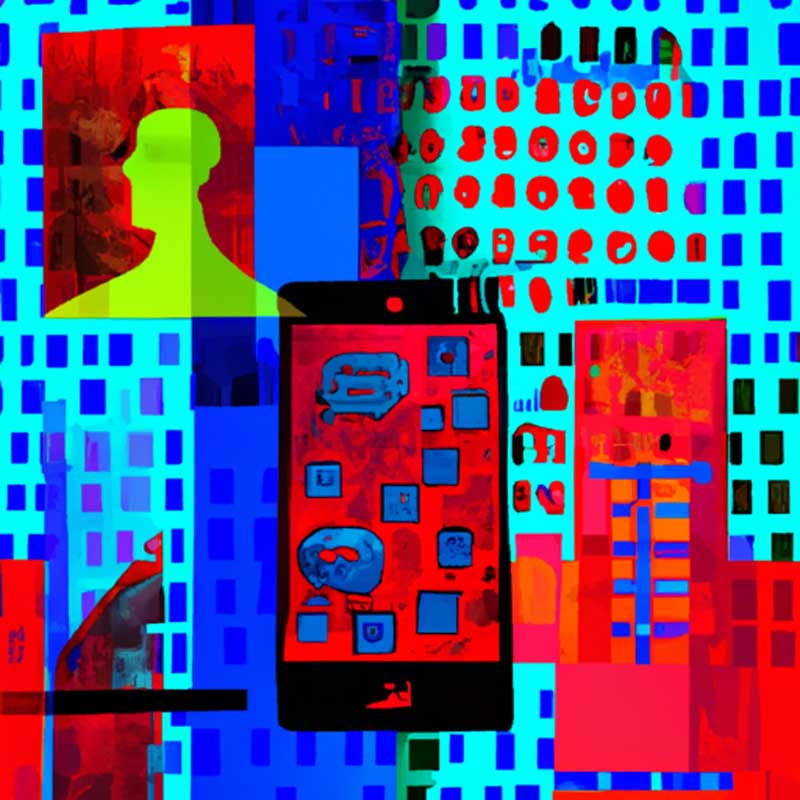TLDR:
Trust in AI is becoming crucial as AI technology is integrated into various sectors. Trustworthy AI involves understanding how AI algorithms function, make decisions, interact with humans, and impact society. Factors like privacy, biases, human rights, and reputation also contribute to building trust in AI.
- Trust in AI is essential as AI technology becomes more prevalent in different sectors.
- Trustworthy AI involves factors like algorithm functionality, decision-making processes, and societal impacts.
Trust In AI, But To What Extent?
As AI becomes increasingly embedded in our world, from mundane shopping decisions to critical medical diagnoses, and influences sectors as diverse as finance, transportation, and justice, a new imperative emerges alongside its technological proliferation: the need for trust in AI. Recent events in the news highlight this growing concern around trust in AI.
Trust in AI is not just about performance accuracy and reliability but also about how AI algorithms function safely in relation to humans and the environment. Transparency, explicability, interpretability, privacy, bias mitigation, and human rights are all essential components of trustworthy AI.
Factors like reputation, usage habits, and affordance contribute to building trust in AI, and the growing reliance on AI raises questions about human agency and control. Understanding the trade-off between convenience and control in AI decision-making processes is crucial for shaping the future of AI technology integration in society.
